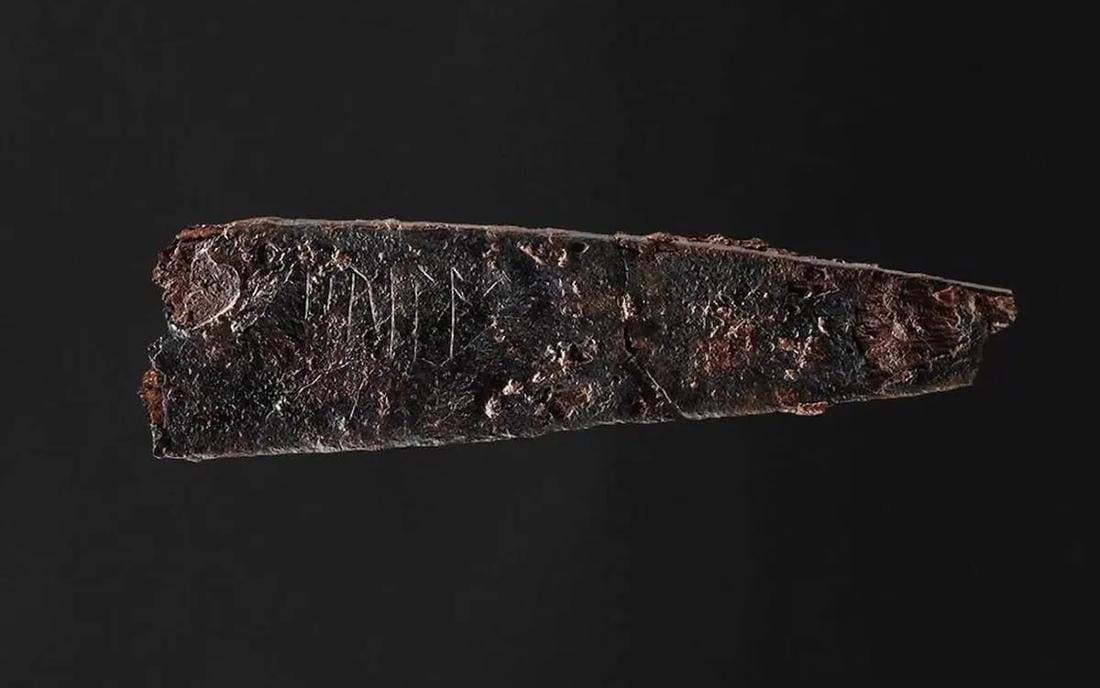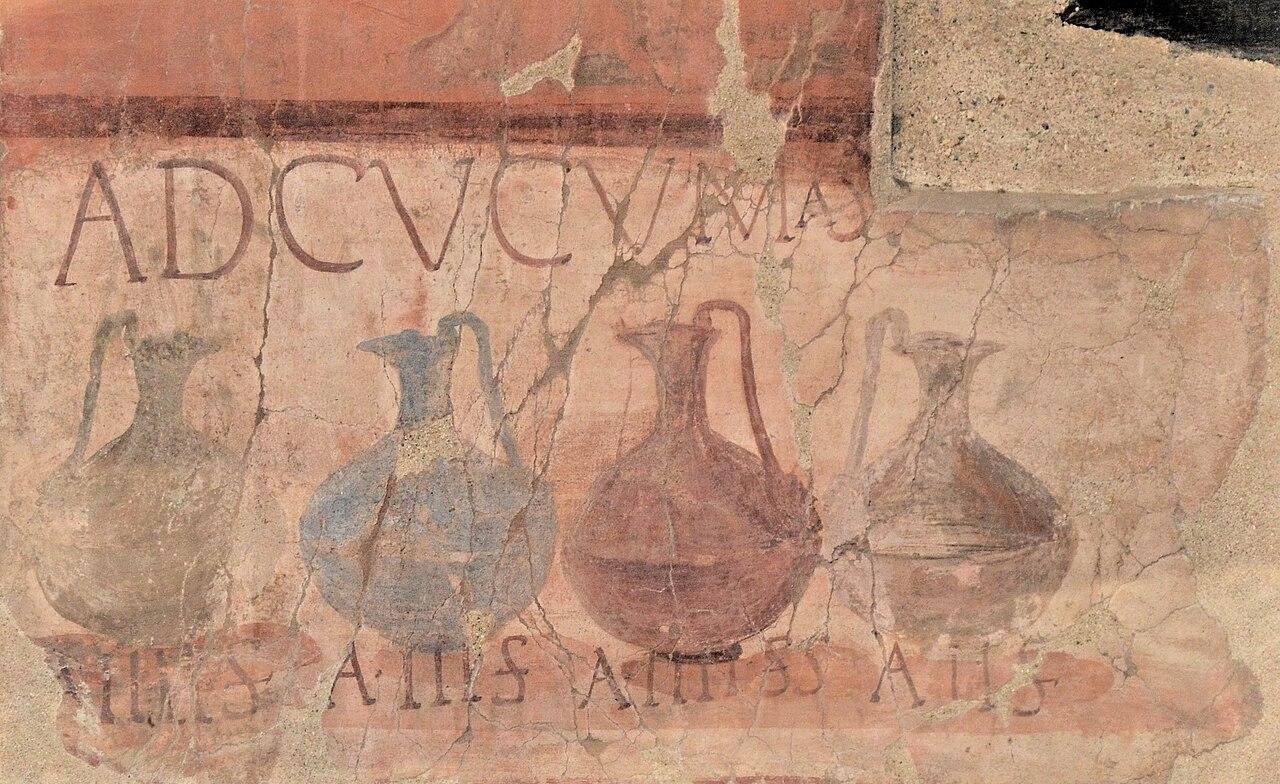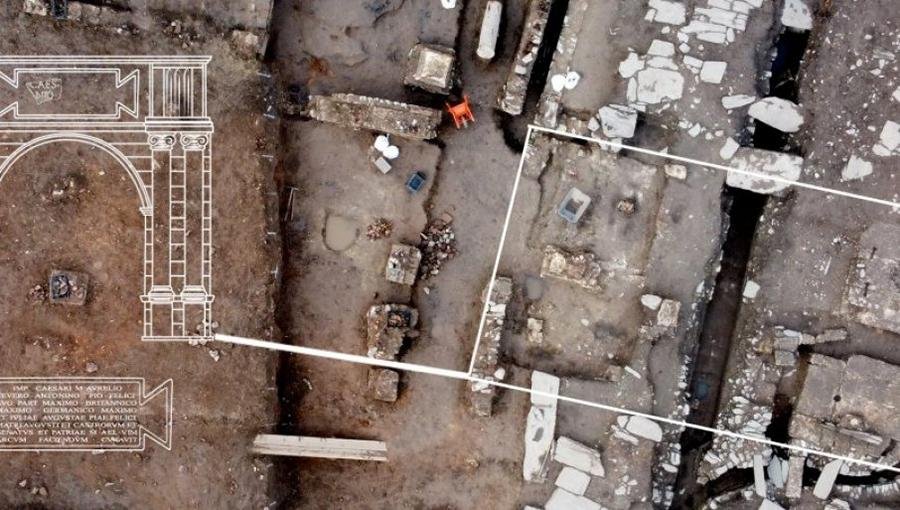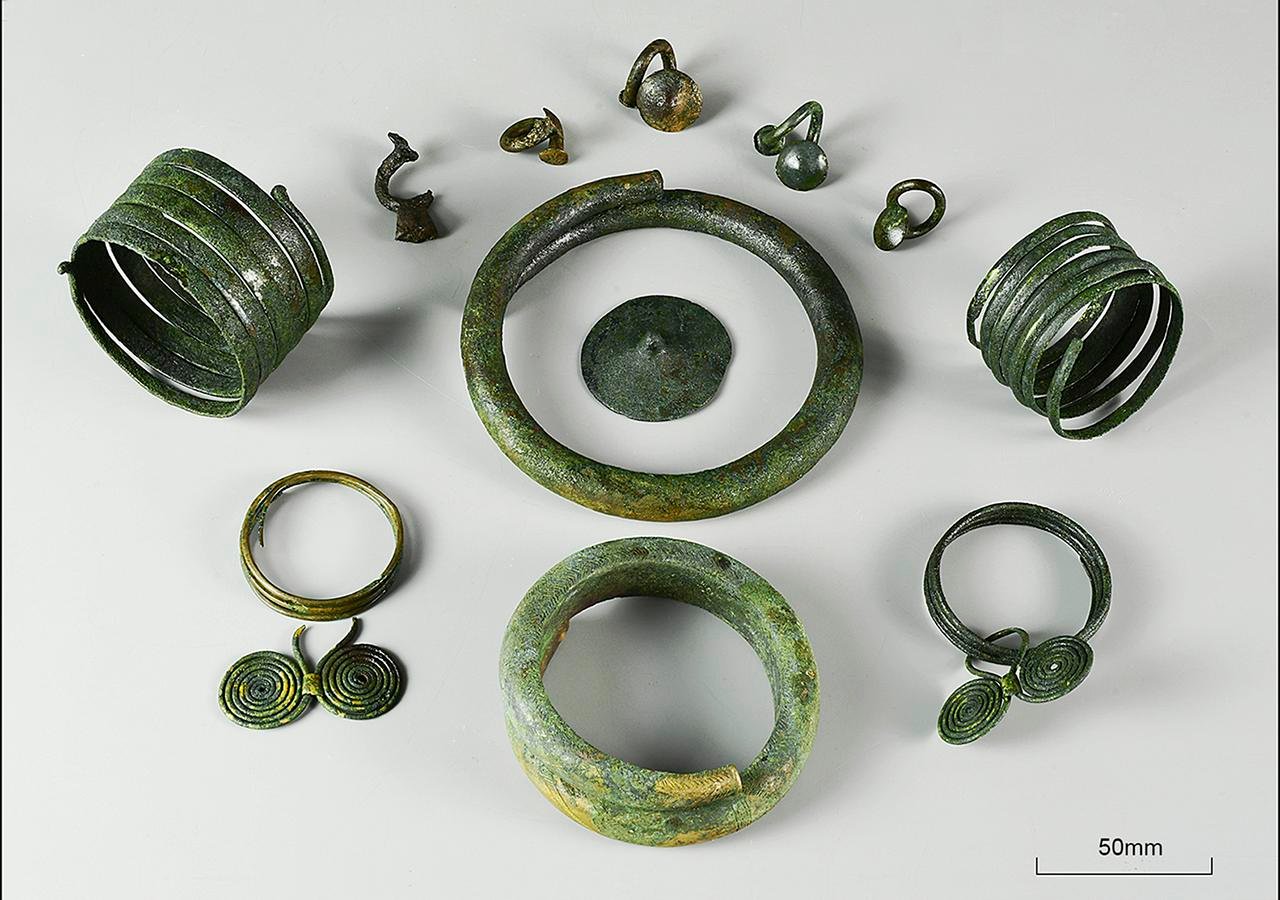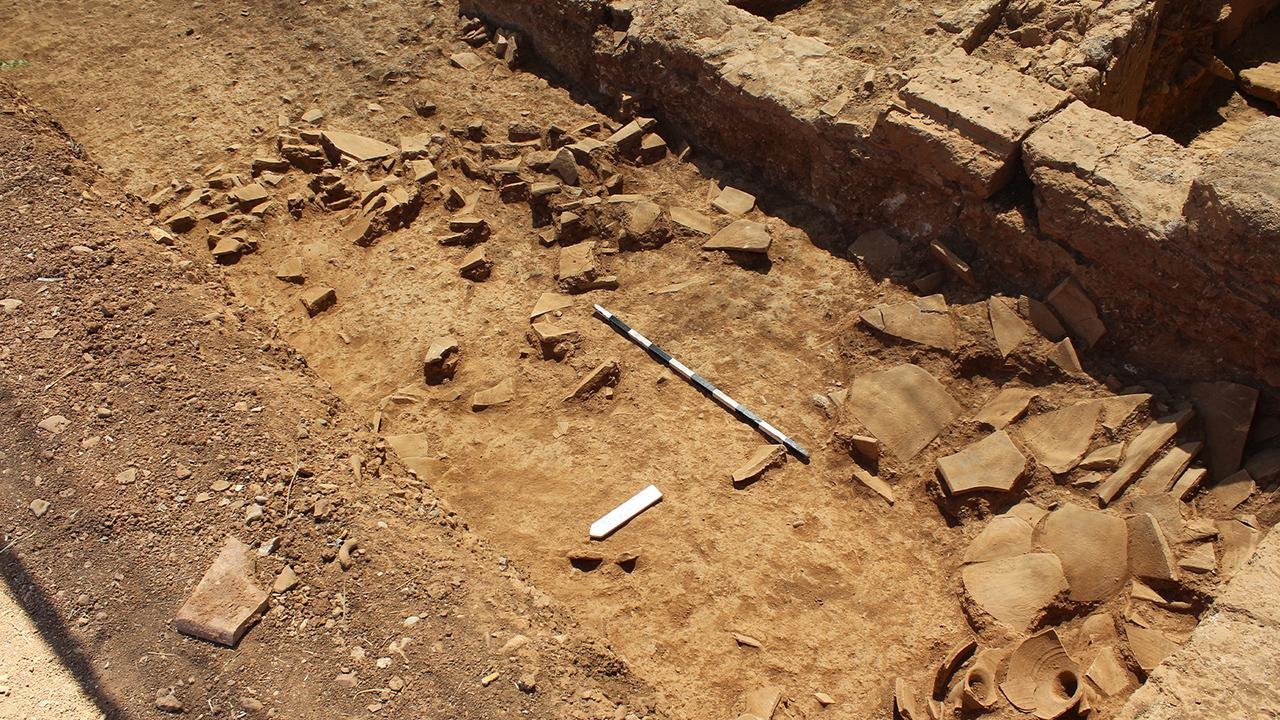Archaeologists of the Austrian Academy of Sciences (OeAW) excavating the prehistoric coastal site of Kalba on the Gulf of Oman have unearthed compelling evidence of extensive trade networks dating back approximately 4500 years.
Kalba, situated in the Emirate of Sharjah, United Arab Emirates, emerged as a pivotal hub in these early trade networks, persistently inhabited from the Early Bronze Age to the Iron Age (c. 2500–600 BCE). Despite environmental shifts towards aridity, Kalba’s strategic location facilitated its resilience as a trading center. Its proximity to Wadi Ham provided a vital link between the eastern coast, the desert, and the sea routes, making it a crucial gateway for both land-based caravans and maritime trade.
The significance of Kalba’s role in these networks becomes evident through the discovery of artifacts made from exotic materials not native to the region. Excavations revealed evidence of copper processing, likely sourced from nearby deposits in the Hajar Mountains, alongside flint, jasper, and chalcedony artifacts indicative of long-distance trade.
Central to the findings is the discovery of a “Persian Gulf-type” seal at Kalba, crafted from soft stone and dating to the late third millennium BCE.
The seal itself offers intriguing insights into the fusion of Eastern and Western iconographic traditions. Depicting a bull and possibly a lion in an attacking posture, the seal reflects influences from the Indus Valley seals as well as the cylinder seals of Mesopotamia. This synthesis of motifs underscores the unique character of Kalba as a coastal trading hub, where diverse cultural influences converged.
Moreover, the research highlights the cohesive nature of early trade networks, with the Gulf region serving as a nexus between East and West. Through a combination of strategic location, raw-material procurement strategies, and cultural synthesis, Kalba emerged as a center of commerce, shaping the region’s economic landscape.
More information: Schwall C, Brandl M, Börner M, et al. (2024). Kalba: research on trade networks of a prehistoric coastal community on the Gulf of Oman, United Arab Emirates. Antiquity:1-8. doi:10.15184/aqy.2024.45
